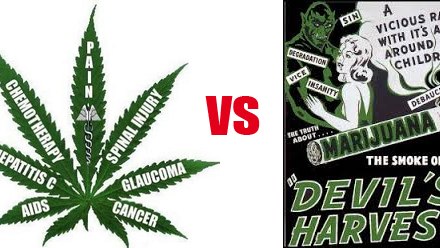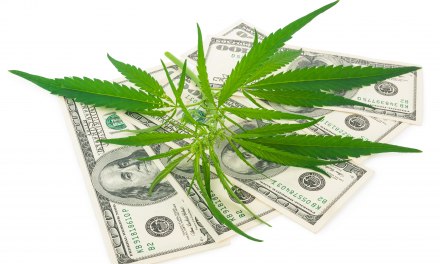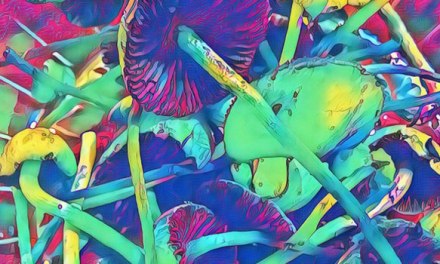Has psychedelic-assisted treatment been overpublicized, in terms of its potential for widespread use in treatment?
I’d have to say yes. Absolutely.
In fact, given the sheer number of positive stories on the subject over the last few years, it’s hard to avoid the impression that the media seeks to actively promote it to an eager public.
But why? Though there is research to support the use of psychedelics in therapy for certain disorders, it isn’t of the placebo-controlled sort we’re usually advised to rely on. Why the rush to judgment?
Could it be that the media simply sees this as a ‘feel-good’ story in an era when those have been few on the ground? No one doubts that mental health problems and stress-related disorders have been on the upswing since the beginning of the Pandemic. Maybe our journalist friends feel the need to provide a counterpoint. Something hopeful, to cheer us up a bit.
Whatever the reason, psychedelic-assisted therapy seems to me to have gotten a free ride on the Hype Express.
The Guardian, which up to now has been an example of the hype, may have had a breakthrough of sorts. The article below is definitely worth a look. They even address the issue of why placebo-controlled research has been missing.
Is the therapeutic potential of hallucinogens risky and overhyped?
It isn’t like we don’t already know about the risks associated with the use of psychedelics. They’re well-documented. But they’ve been seriously underemphasized, even ignored, in most media accounts.
All that free positive publicity has surely been a great help to the emerging psychedelic industry and the elements in the financial community rushing to exploit it. They’re interested in one thing above all others: Profit.
Remember when electronic smoking was introduced as a breakthrough for smokers who wanted to quit cigarettes? And so it might have been, had it been limited to that use alone.
But it wasn’t. We didn’t stop there.
I suppose it was all the money to be made. And people eager to exploit the opportunity.
Now we’re confronted with a vaping epidemic.
I sure hope the same thing doesn’t happen with psychedelics. I am amazed at the range of emotional and psychological disorders being discussed as fit subjects for treatment with psychedelic drugs. Essentially, it’s whatever ails us.
Instead of a treatment of last resort, they’re being pushed on the public as a more effective alternative to, well, pretty much everything else available. As far as the risk, promoters simply dismiss it, arguing that there’s risk involved in every activity we undertake in life.
That’s a cop-out. All risks are not created equal.
On one hand, companies acknowledge the potential threat to vulnerable individuals. Then turn around and market their products in such a way as to attract those same vulnerable individuals.
Which leads me to conclude that this would be a good time to yank their chain a little, in terms of regulation.













